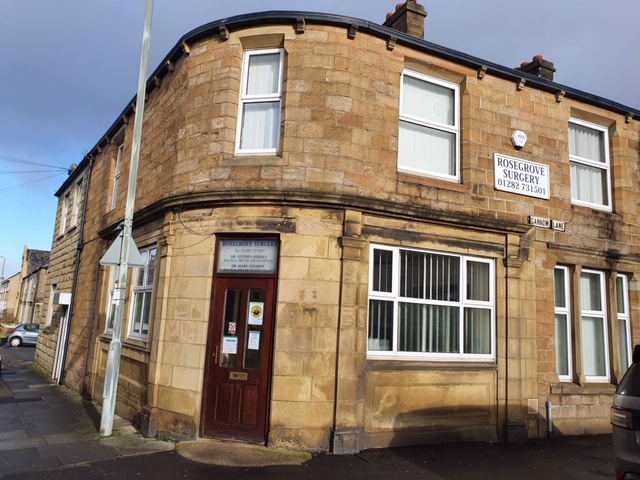Rosegrove Surgery
225-227 Gannow Lane, Burnley, Lancashire, BB12 6HY
Telephone: 01282 911680
Sorry, we're closed

Children’s Corner
Please find below some useful information that you may wish to share with your children about coronavirus. It is explained in child friendly terms & may help their understanding of the virus during these difficult times.
By now you’ve probably heard of a disease called coronavirus (or, as doctors and scientists call it, COVID-19). It’s all over the news, your parents are probably discussing it, and cities and schools are taking steps to prevent it from spreading.
So … what is COVID-19? And what’s a “coronavirus?”
The term “coronavirus” actually refers to a family of viruses that causes many different types of diseases, including the common cold. COVID-19 is a “novel coronavirus,” which means it’s a new disease unfamiliar to scientists and doctors. Its name is actually a mash-up of the words “corona” (CO); corona means “crown” in Latin (coronaviruses are named for the crown-like spikes on their surface), “virus” (VI), and “disease” (D). The “19” comes from the year 2019, when the disease was first detected.
How did COVID-19 start?
Some diseases start in animals before spreading to humans—these types of diseases are called zoonotic (pronounced zoh-uh-NAH-tik). Cows, bats, and camels are among the animals that have spread diseases to humans in the past. The COVID-19 disease is also zoonotic, with the first cases popping up in December 2019 in Wuhan, China. The affected humans were all connected to a nearby market where live animals were sold, and where experts think the disease got its start.
How does someone catch COVID-19?
COVID-19 can be transmitted by little droplets from coughs or sneezes, which is why doctors say you should always cover your mouth with your elbow when you cough or sneeze. You could also pick it up by touching doorknobs or countertops that an infected person has touched, and then touching your eyes, nose, or mouth. According to the World Health Organization, there’s no evidence that a dog, cat, or any pet can transmit COVID-19.
How can I protect myself? Do I need to wear a mask or gloves?
Nope. The best protection from COVID-19 is probably something you do every day: washing your hands. Make sure you’re scrubbing them with soap more often than you normally do, for example, not just before you eat or after you’ve gone to the bathroom, but also after you’ve arrived back home from school. You also need to wash them long enough. Experts suggest scrubbing for at least 20 seconds—or about as long as it takes to sing “Happy Birthday” twice. It’s also good to stay away from large crowds of people where you can’t be sure who might be infected. That’s why some schools are closing—they don’t want to take the risk of a few students who might unknowingly have the disease spread it to others.
OK, but what happens if I do get it?
Most people who catch COVID-19 get better, and their illness is usually mild. And actually, few kids have even been affected. But if you do catch COVID-19, you might have a dry cough, a fever, and shortness of breath. But just like when you’ve had a cold, the best treatment is to stay in bed—and away from anyone who might catch it from you. (Like your grandparents! Older people are more at risk for catching COVID-19.) You might also not even know you have it, so keep washing your hands, just in case.
Will it go away?
Researchers hope that as weather gets warmer this summer, the number of COVID-19 cases will start to go down, just as similar diseases have done in the past. But since the disease is new and they don’t know a lot about it, they’re not sure this will happen. That’s why experts are working so hard to figure out how to prevent people from getting the disease—and how to help them recover if they catch it. Dozens of drugs are already being tested around the world, and scientists are hoping to come up with a vaccine as soon as possible to prevent COVID-19 from spreading at this rate again.




